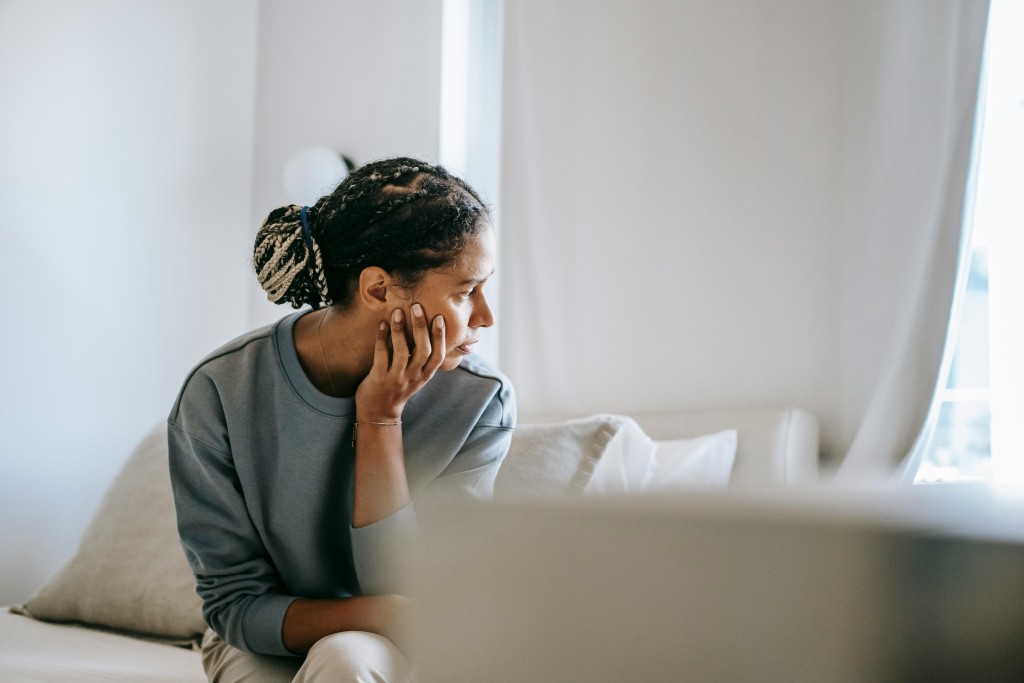
Less Stress, More Balance
In today's modern world which often glorifies hustle culture and constant productivity, it's important to take a step back and reflect on our relationship with stress. At AB Wellness & Reflexology, we believe in prioritising health and wellbeing, embracing a slower pace of life, and finding balance in our busy schedules. In this post, we'll explore the topic of stress, its effects on our mind and body, and practical strategies for incorporating less stress, and more balance in our daily lives.
Understanding Stress
Stress is a natural response to the demands and challenges of life. Whether it's a looming deadline at work, financial pressures, or personal relationships, we all experience stress in one form or another at some point in our lives. However, chronic or excessive stress can take a toll on our physical and mental health, leading to a range of issues such as anxiety, depression, insomnia, and even chronic diseases like heart disease and diabetes.
The Importance of Slowing Down
In a society that values busyness and productivity, it's all too easy to get caught up in the hustle and bustle culture of everyday life. However, constantly pushing ourselves to do more and achieve more can leave us feeling exhausted, overwhelmed, and disconnected from ourselves. That's why we advocate for embracing a slower pace of life, where we prioritise self-care, relaxation, and mindfulness.
Practical Strategies for Managing Stress
Managing stress begins with self-awareness and self-care. Here are some practical strategies to help you to achieve less stress and find balance in your life:
- Practice Mindfulness - Take time each day to practice mindfulness meditation, deep breathing exercises, or simply being present in the moment. Mindfulness can help calm the mind, reduce stress, and improve overall wellbeing.
- Set Boundaries - Learn to say no to activities or commitments that drain your energy or add unnecessary stress to your life. Setting boundaries is a really good skill to improve on for protecting your time and prioritising your needs.
- Engage in Relaxation Techniques & Therapies - Incorporate relaxation techniques and/or therapies into your daily routine. Things such as yoga, reiki, or progressive muscle relaxation are all stress-reducing. These practices can help reduce muscle tension, lower stress levels, and promote relaxation.
- Connect with Nature - Spending time in nature has been shown to reduce stress, improve mood, and enhance overall wellbeing. Take a walk in the park, go for a hike, or simply sit outside and soak up the sights and sounds of the natural world.
- Seek Support - Don't be afraid to reach out for support from friends, family, or a mental health professional if you're feeling overwhelmed by stress. Talking about your feelings and experiences can provide relief and perspective.
As April is Stress Awareness Month, let's all make it our mission to embrace a slower pace of life, minimise stress or potential stress triggers and find balance in our day-to-day lives. Remember, stress is a natural part of life, but with mindfulness, self-care, and support, we can have an impact on minimising stress and encourage a slower, more balanced life.